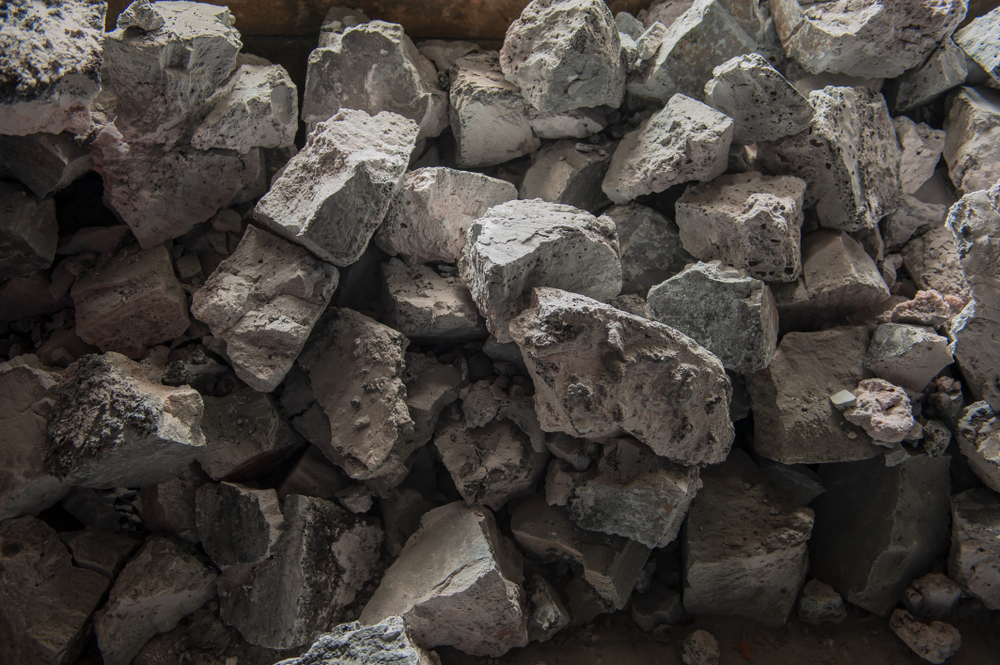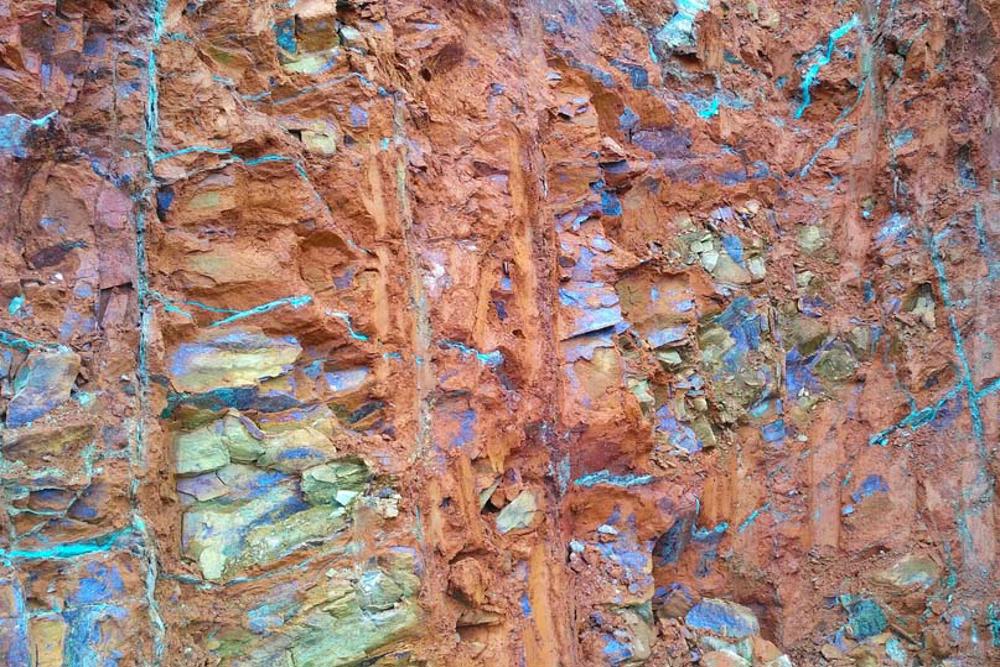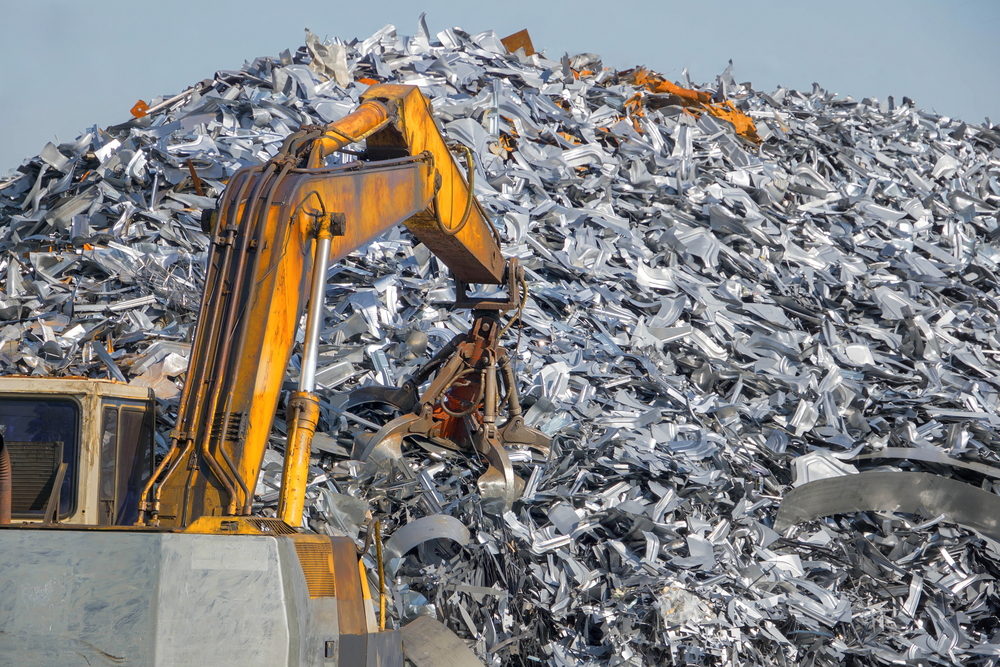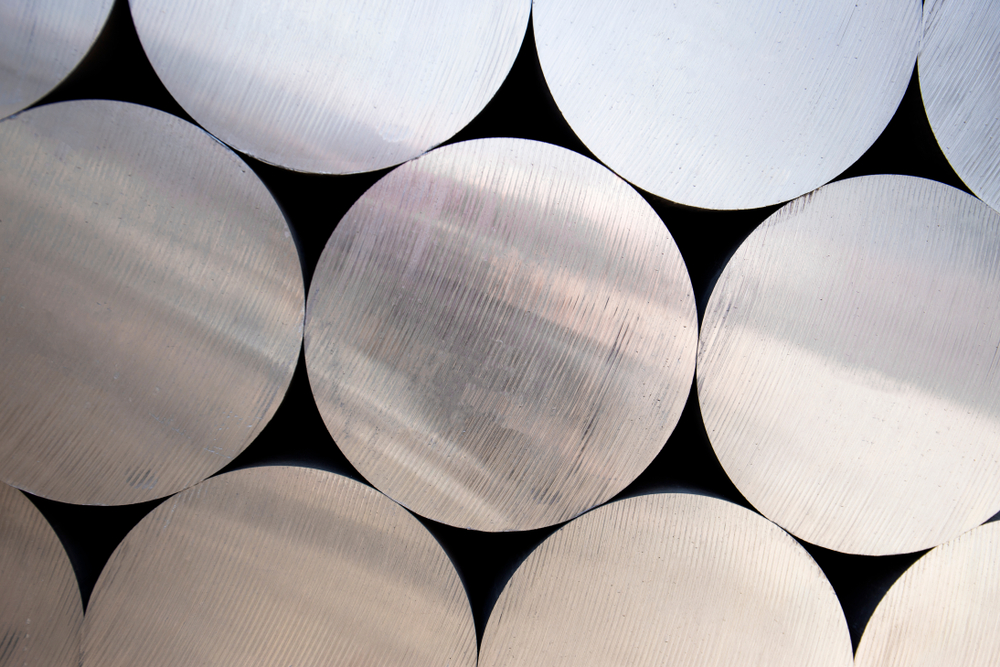
The risks to the alumina and aluminium market have been highlighted by Wood Mackenzie as UC Rusal halts alumina shipments from Nikolaev.
The 1.75-million-tonnes-per-annum Nikolaev refinery owned by aluminium major UC Rusal is located close to the port of Mykolaiv in Ukraine.
Wood Mackenzie principal aluminium analyst Ami Shivkar noted all of the alumina produced by Nikolaev was transported to Rusal’s smelters in Russia.
Shivkar continued: “In metal equivalent terms the Nikolaev refinery supports 75,000 tonnes a month or 900,000 tonnes a year of output, representing 23 per cent of Rusal’s primary aluminium production.
“Nikolaev’s alumina is transported to the Bratsk, Krasnoyarsk, and Sayanogorsk smelters in Russia which together produce 2.5 million tonnes a year.
“A halt in alumina shipments doesn’t mean an immediate cut in smelter output although the supply chain in Russia is tight, with weeks of alumina stocks on site rather than months.
“Rusal may divert some cargoes from its two million tonne a year Aughinish refinery in Ireland to feed its Russian smelters.
“The Aughinish refinery supplies alumina to smelters in Europe so any diversion would ultimately reduce metal supplies to a European market that is structurally short metal.
“As a result of sanctions, should counterparties be unable to transact with US Rusal as was the case in 2018, then there is a risk that all of UC Rusal’s overseas alumina assets could be impacted.
“In this scenario output from Aughinish, UC Rusal’s Jamaican refinery and its stake in the Australian Gladstone plant could be stranded and ultimately jeopardised.
“Any significant reduction in alumina production would impact primary metal output in short order leading to even greater primary aluminium market deficits.”










